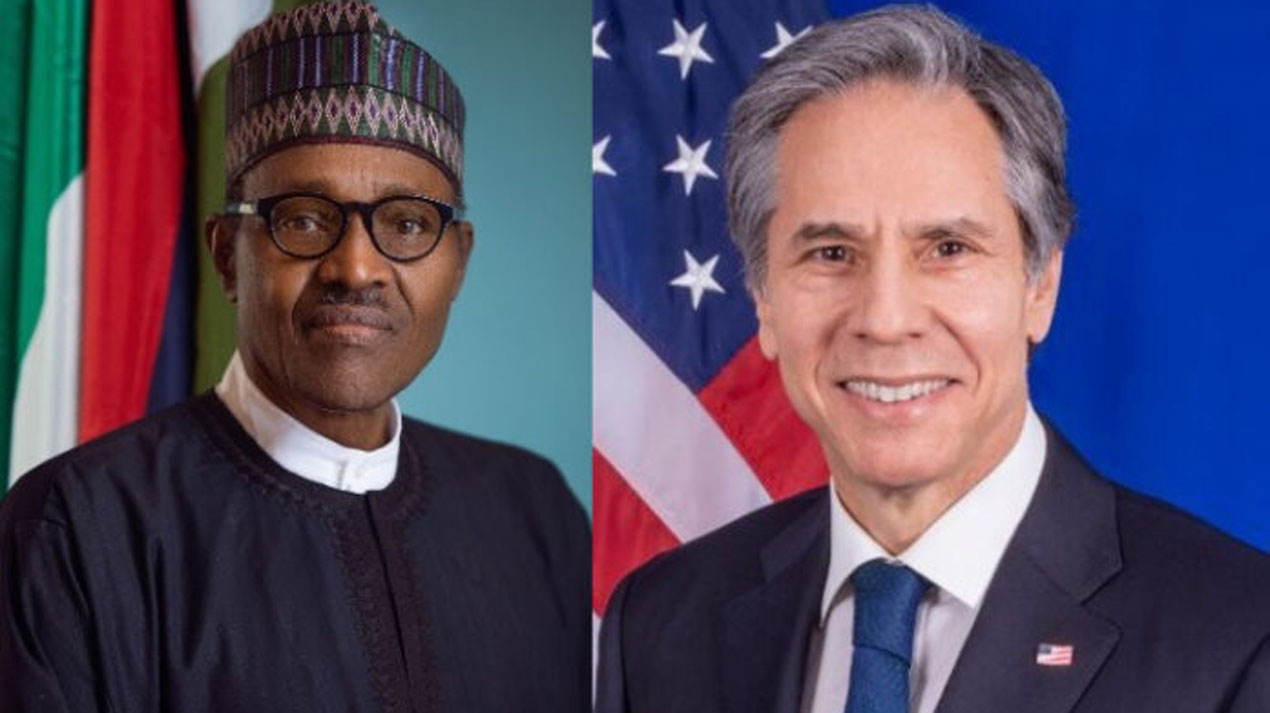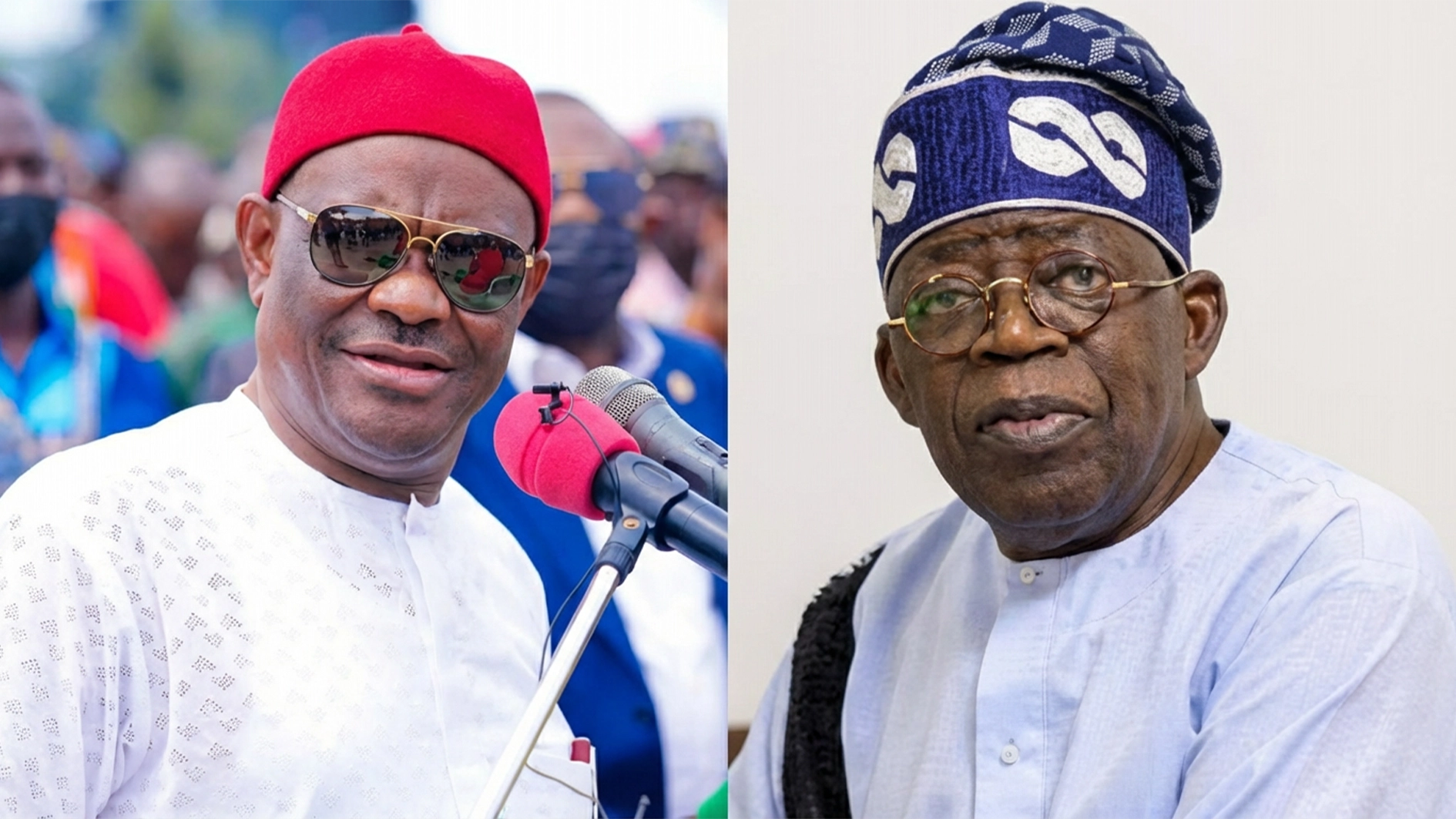
The gods of Africa are angry. Kenyan intellectual, Ali Mazrui, enunciated the concept of Pax Africana in 1967, arguing that Africans must create, cultivate, and keep peace on their own continent. His related principle of “continental jurisdiction” urged outsiders to keep out of African conflicts and allow Africans to resolve disputes themselves, free of the meddling of external powers. It is these sacred injunctions that Nigerian president, Muhammadu Buhari, recently violated when he reportedly asked the United States (U.S.) Africa Command (AFRICOM) to relocate its headquarters from Stuttgart to Africa in order to provide security on the continent.
That the leader of the largest black nation in the world and Africa’s economic powerhouse would make such a humiliating request, suggests how inept Nigeria’s leadership has become in tackling insecurity triggered by Boko Haram and Islamic State West Africa Province (ISWAP) which has killed 50,000 people and displaced two million in the country’s northeast. Widespread insecurity involving murderous herdsmen, kidnappings, banditry, and communal violence also continue throughout the country. Buhari’s request for a Pax Americana suggests the desperation of a rudderless elite, which appears to have no effective responses to the anarchy that has spread across the country, having neglected funding and equipping Nigeria’s armed forces for over three decades.
A brief history of American-led security initiatives in Africa is important here. Under the presidency of Bill Clinton (1993-2000), Washington devised an African Crisis Response Initiative (ACRI) in 1996 as a way of strengthening the capacity of African armies to intervene in humanitarian crises after disasters in Somalia and Rwanda. The idea was that Africans would do most of the dying, while the U.S. would do some of the spending to avoid being drawn into politically risky interventions. The $20 million annual cost of the programme was, however, derisory, and ACRI mostly conducted training of armies in Ethiopia, Uganda, Ghana, Mali, and Senegal, without addressing the much more urgent logistical and financial needs of African militaries. The initiative was also criticized for supporting key American clients bilaterally rather than the multilateral efforts of the African Union (AU) and sub-regional bodies like the Economic Community of West African States (ECOWAS). Two of Africa’s most respected leaders, South Africa’s Nelson Mandela and Tanzania’s Julius Nyerere, rejected ACRI on the basis that Africans had not been consulted in its formulation, and the plan had also not included a role for the United Nations: the body primarily responsible for global peace and security. ACRI was therefore thought to be vulnerable to unilateral manipulation by Washington.
The establishment in 2002 by the truculent George W. Bush administration (2001-2008) of a U.S. military base and a 1,500-strong Horn of Africa command in Djibouti to track terrorists in the region, came to mirror Washington’s support of autocratic governments in Kenya, Somalia, and Sudan during the Cold War. In 2003, Bush launched a $100 million East Africa Counter-Terrorism Initiative to provide training and equipment to states in the region, particularly Kenya and Ethiopia. The U.S. also strengthened security ties with Eritrea, while continuing to engage closely with Ethiopia, with the aim of benefitting from the intelligence network of the pre-eminent military power on the Horn of Africa.
Another American counter-terrorist effort, the Pan-Sahel Initiative, worked with autocratic regimes in Chad and Mauritania. The U.S. European Command further collaborated with Senegal, Gabon, Mali, Ghana, Uganda, Namibia, and South Africa to upgrade ports and airfields and signed access agreements allowing Washington to deploy rapidly to counter terrorist threats in Africa. In 2005, the $500 million Trans-Sahara Counter-Terrorism Initiative was launched to build the capacities of African states such as Algeria, Chad, Ghana, Mali, Morocco, Niger, Nigeria, Mauritania, and Tunisia to patrol borders and intercept terrorist groups. Some African regimes like Morocco, Uganda, Ethiopia, and Tanzania, however, appeared to be taking advantage of American fears about the spread of terrorism on the continent to crack down on domestic dissent.
Equally disturbing to many Africans was the American decision to establish AFRICOM in 2007. This plan, championed strongly by Donald Rumsfeld – the hawkish U.S. defence secretary and disgraced architect of the Iraq debacle – was ostensibly meant to strengthen Washington’s military cooperation with Africa. The Pentagon was seeking to consolidate three commands covering Africa into one, in order to be able to intervene more effectively on the continent to fight terrorism. This approach further increased America’s prioritising of militaristic anti-terrorist approaches towards Africa. Although Africans were often assured by American planners that AFRICOM would not result in a large U.S. military footprint on the continent and that Washington could deploy troops from bases elsewhere, this ultimately proved not to be the case.
The first African-American president, Barack Obama (2009-2016), embraced Bush’s militaristic policies towards the continent. “Extraordinary rendition” of terror suspects abroad, with the risk they may be tortured, continued; 2,000 American soldiers remained in Djibouti to track terrorists; autocratic regimes in oil-rich Equatorial Guinea as well as in Egypt, Morocco, Uganda, Rwanda, and Ethiopia remained staunch U.S. clients; and officials of America’s Germany-based AFRICOM still roamed the continent in search of “mad mullahs” in a seemingly endless “war on terror”. The Obama administration deployed killer drones to Somalia and Libya, which notoriously killed scores of innocent civilians, and often created more anti-Americanism among affected populations, even as 100 U.S. Special Forces operated inside Somalia.
An American drone centre was established in Niger to track terrorists in Mali. Surveillance drones have also been used in Mali and Nigeria. Olusegun Obasanjo’s army chief, the respected, General Victor Malu, in 2001, criticised the president’s decision to bring in Americans to train the Nigerian army, noting that this action compromised national security. In 2012, the American-trained Captain Amadou Sanogo staged a military coup d’état. By some estimates, Uncle Sam had a military presence in about 20 African states by 2016.
Following the humiliating neo-colonial French military intervention in Mali in January 2013 – a Pax Gallica that was a blatant violation of Pax Africana – then South African president Jacob Zuma advocated the creation of a 5,000-strong African Capacity for Immediate Response to Crises (ACIRC), before a 25,000-strong permanent African Standby Force (ASF) – meant to have been established by 2010 – could be set up. Despite the failure to create ACIRC, African leaders incredibly declared the African Standby Force to be fully operational in December 2020. In another flight of fancy, the deadline to achieve the AU’s goal of “Silencing the Guns by 2020” was simply shifted by a decade in the same month.
Though some African armies such as Uganda, Burundi, Kenya, and Ethiopia continue to pursue Pax Africana with praiseworthy operations like the 20,000-strong AU mission in Somalia, Buhari’s disgraceful call for Americans to come to Africa to save us from ourselves represents not just a violation of Pax Africana, but also the failure of Pax Nigeriana and the besmirching of the country’s creditable historical peacekeeping role in Liberia and Sierra Leone in the 1990s and 2000s. Nigerians should be very worried about the sacrilegious musings of their invisible leader.
Professor Adebajo is Director of the University of Johannesburg’s Institute for Pan-African Thought and Conversation in South Africa.






